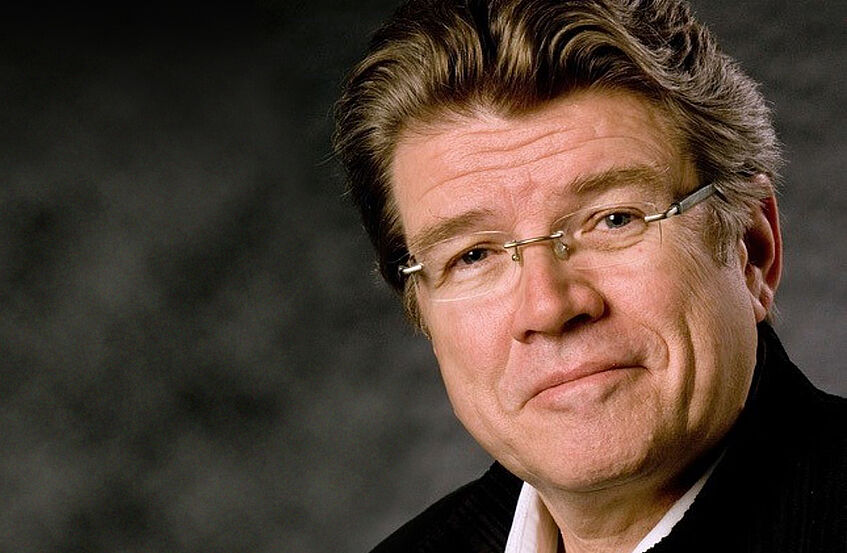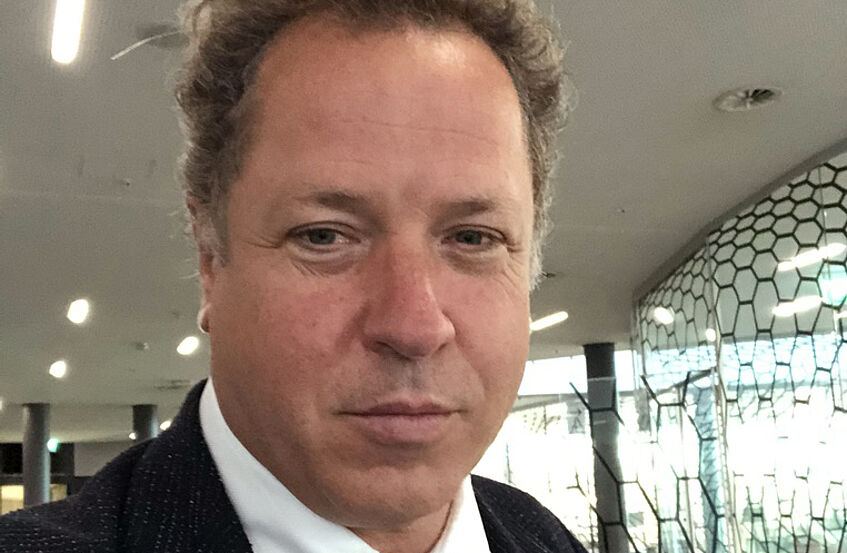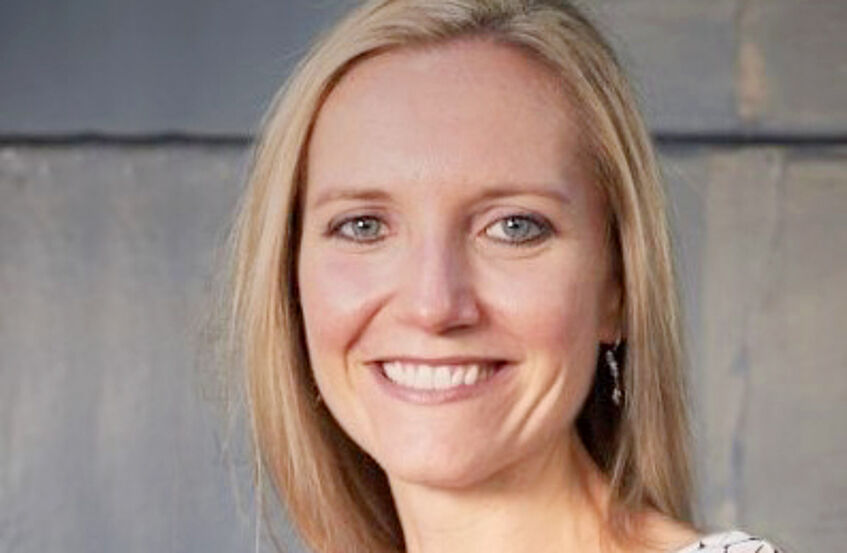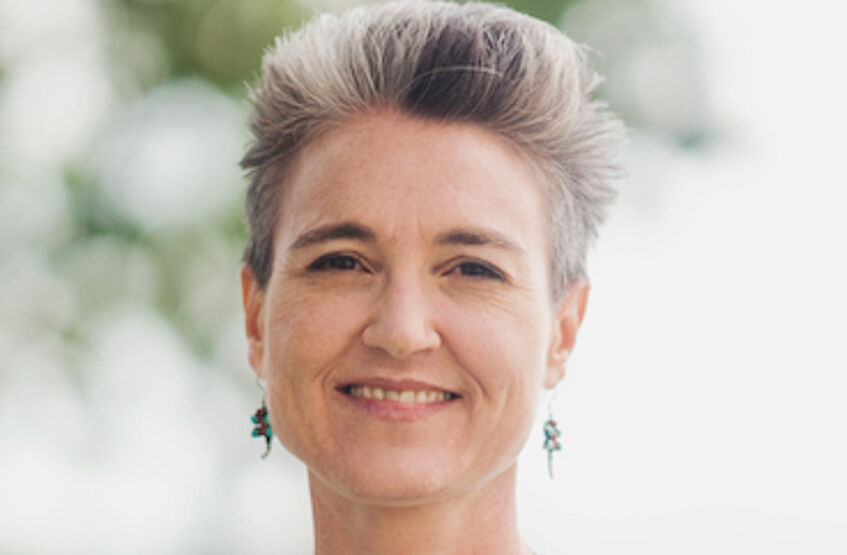International Scientific Advisory Board
The International Scientific Advisory Board of the ViDSS (SAB) advises the speaker and the steering committee on the profile and organisational development of the Doctoral School and the doctoral programme in Social Sciences at the University of Vienna.

W. Lance Bennett
Lance Bennett received his Ph.D. in political science from Yale University in 1974 and taught at the University of Washington until 2020. He is Emeritus Ruddick C. Lawrence Professor of Communication, and Emeritus Professor of Political Science. Bennett founded the Center for Communication and Civic Engagement, which became the Center for Journalism, Media and Democracy in 2020. He is now Senior Research Fellow at CJMD.
Bennett has lectured internationally on media and information systems in civic life with emphasis on press-government relations, the quality of public information, communication in social movements, transnational activism, citizenship and youth civic engagement, digital media and political participation, and problems of disinformation and democracy. His current work focuses on better aligning environment, economy and democracy to build more equitable and sustainable human systems on the planet.
He has held visiting professorships at Harvard University, Uppsala, Stockholm, and Free University Berlin. In addition to receiving honorary doctorates from Uppsala and Bern, he has received career achievement awards from the American Political Science Association, the International Communication Association, the US National Communication Association, and the German Humboldt Foundation. His publications include The Logic of Connective Action: Digital Media and the Personalization of Contentious Politics (with Alexandra Segerberg, Cambridge 2013), The Disinformation Age: Politics, Technology and Disruptive Communication in the United States (with Steven Livingston, Cambridge 2020), and Communicating the Future: Solutions for Environment, Economy and Democracy (Polity 2021).

Alessandro Monsutti
Professor at the Department of Anthropology and Sociology, Graduate Institute of International and Development Studies, Geneva
Alessandro Monsutti has been Research Fellow at the School of Oriental and African Studies (1999–2000) and Yale University (2008–2010), Grantee of the MacArthur Foundation (2004–2006), and Visiting Professor at the University of Vienna (2012, 2021) and Arizona State University (2014), Scholar-in-Residence at the Institut für die Wissenschaften vom Menschen in Vienna (2020). He is Research Associate at the Refugee Studies Centre (University of Oxford) and has worked as a consultant for several international and nongovernmental organizations such as UNHCR.
Alessandro Monsutti has conducted multi-sited research since the mid-1990s in Afghanistan, Pakistan and Iran to study the modes of solidarity and cooperation mobilized in a situation of conflict and forced migration. He has subsequently broadened the geographical scope of his research to include Afghan refugees and migrants living in Western countries. His publications include War and Migration: Social Networks and Economic Strategies of the Hazaras of Afghanistan (2005) and Homo Itinerans: Towards a Global Ethnography of Afghanistan (2021).

Jessica Taylor Piotrowski
Associate Professor in the Amsterdam School of Communication Research, University of Amsterdam
Jessica Taylor Piotrowski serves as the director of the Graduate School of Communication, the director of the Faculty’s Teaching & Learning Centre, and the director of the Center for research on Children, Adolescents, & the Media. Her scholarly and educational work focuses on how (young) users process media and the role of individual differences in this process, with particular interest in the opportunities of digital competence.
With a strong belief in forging the divide between academic scholarship and societal practice, Jessica Taylor Piotrowski often shares her work in higher education classrooms, at public policy organizations, at children’s media organizations, and with childcare providers both within the Netherlands and worldwide. She is the co-author of the book Plugged In: How Media Attract and Affect Youth (2017), and regularly publishes in communication, psychology, and education journals.

Emily York
Associate Professor in the School of Integrated Sciences at James Madison University (JMU)
Drawing on the fields of Science and Technology Studies (STS), cultural studies, innovation studies, communication, and the scholarship of teaching and learning (SoTL), her research engages the societal dimensions of emerging technologies, practices of multidisciplinary collaboration and knowledge production, and methods of integrating ethical reasoning and critical inquiry into STEM curricula.
Emily York is the co-director of the STS Futures Lab at JMU, an innovative applied STS lab that aims to develop capacities for critical imagination and responsible innovation at the intersection of research and pedagogy. She also serves as an Associate Editor for the open access 4S journal Engaging STS as part of a transnational editorial collective, in which her primary focus is to develop the journal’s engagement with STS pedagogies.
Terms of reference
- The SAB of the ViDSS has an advisory role and supports the Doctoral School in particular with development planning. The SAB will not undertake any formal evaluations.
- The SAB consists of three to five members who are proposed by the members of the steering committee on the basis of their academic, leadership and teaching experience in one or several of the research fields covered by the ViDSS. The SAB members are appointed for a period of four years, which may be renewed once.
- The SAB meets in person at least every two years. Additional meetings may be held in person or online, if required, to support the speaker and the steering committee in preparing monitoring reports or other documents that are important for strategic planning. Meetings with the Rectorate are welcome.
- The SAB selects a chairperson among its members. The speaker of the ViDSS sets the dates and draft agendas of SAB meetings in coordination with the chairperson. The chairperson presides over SAB meetings and is supported by the speaker and the coordinator of the ViDSS in issuing any resulting reports or recommendations in a timely manner.
- The SAB reports its findings and recommendations to the speaker and the steering committee of the ViDSS; parts of the report may be forwarded to the Dean and/or the Rector. If needed, the SAB may make confidential comments on specific issues to the speaker and the steering committee.
